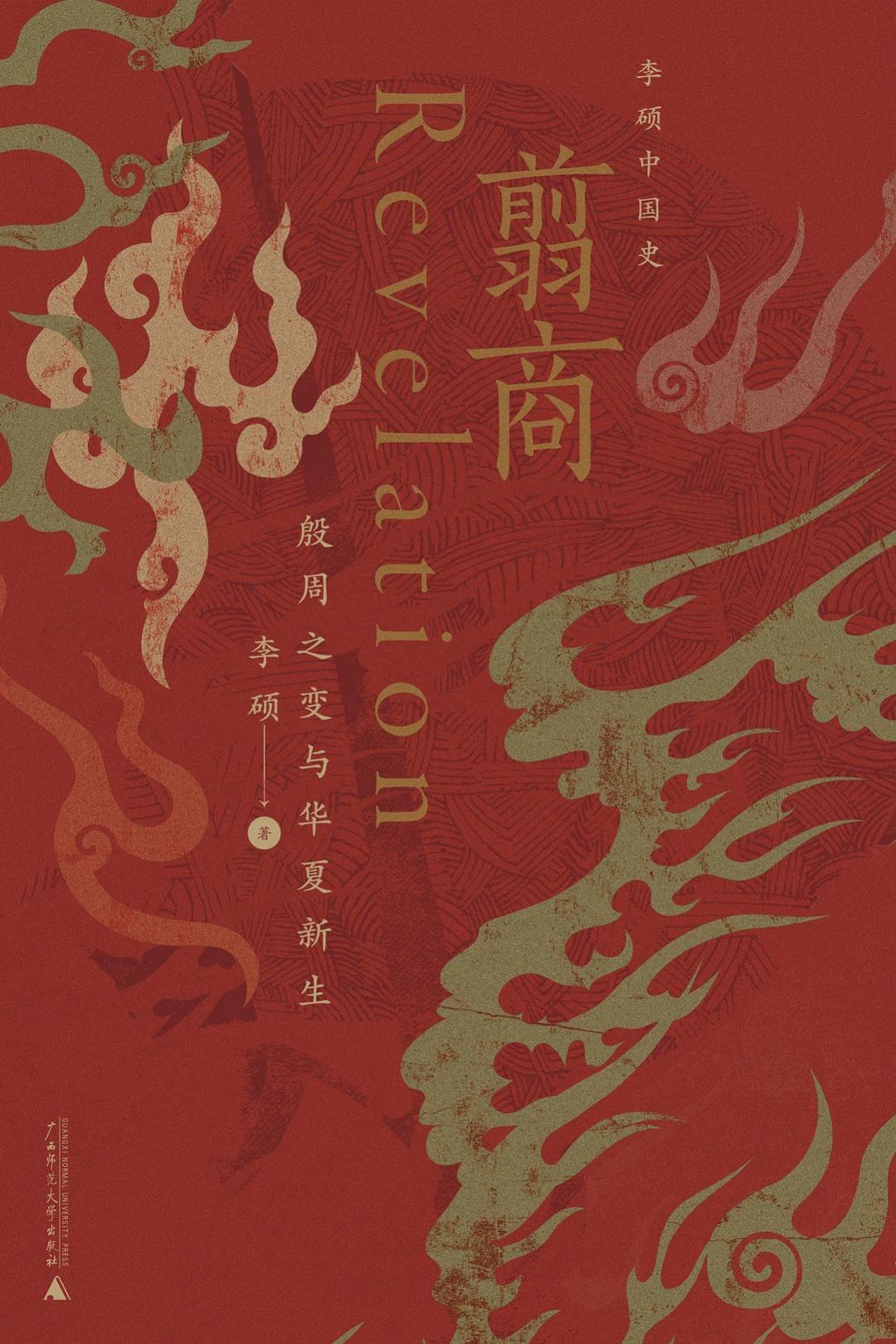WULOLIFE
《翦商: 殷周之变与华夏新生》 作者: 李硕 出版社: 广西师范大学出版社豆瓣2022年度历史文化图书
《翦商: 殷周之变与华夏新生》 作者: 李硕 出版社: 广西师范大学出版社豆瓣2022年度历史文化图书
Couldn't load pickup availability
Description
内容简介· · · · · ·
一部夏商周启示录
许宏作序;罗新+许纪霖+刘苏里+杨斌一致推荐
许宏:“这书读起来就让你放不下,最后,我要用'震撼'二字来形容自己的感觉和心情了。”
★界碑:从这本书开启中国史的阅读!
本书带有界碑性质,作者攀爬到了该研究领域的顶端,还将是同类研究和写作绕不过去的作品。
同时,它还设立了一个出发点:凡对古典中国思想、信仰、伦理、风俗,以。
该部作品还是过往几十年社会承平和财富积累的结晶,让我们在再次进入幽暗的历史通道前,一窥我们这群人何以如此,何以至今。它将予我们鼓励,认识自己,直面未来。
——刘苏里 万圣书园创办人
★数学家的逻辑,文学家的想象
由此观之,李硕的《翦商》,宏大处堂堂正正,细微处绵绵实实:详述了人祭现象在早期华夏文明的出现和消失,以及为什么“武王克商”不仅仅是华夏文明形成史上的里程碑式的革命。
因此,我愿意以“商周变革”来归纳李硕的洞见:对于华夏文明而言,这场变革比两千年后的唐宋变革的意义更深、更远!
——Chinese:
★用考古成果读懂玄奥文献,重构武王伐纣的历史认知
在传统的上古历史叙述中,我们知之甚少。纣王“无道”的表现有哪些?商朝王室的贵族生活是怎样的?商朝人究竟是什么人?他们的日常生活与祭祀之间有何秘密?对应甲骨文卜辞及《易经》卦象,将费解的言辞重新释义,为读者开了华夏上古历史中重要的一页。
王国维之后,商周革命在中国历史上的重要性已深入人心;而李硕则把这一重要性,形象生动地描画了出来。
——罗新北京大学历史系教授
★再现人祭与华夏早期文明从伴生到分离的伟大转折
第一王朝夏朝(二里头)沿袭了新石器时代以来的杀人献祭的风俗,并在商朝登峰造极。周文王因受商纣王怀疑而被作为人牲拘禁在殷都,长子伯邑考也被纣王献祭。此后,文王发展出《易经》的卦、爻辞体系,并最终目的是推算“翦商”的战略。
武王灭商后,曾模仿商人的人祭行为;武王死后,由周公辅政,彻底禁绝了人祭宗教,销毁了有关商代人祭的文献记录,并制造出一套没有人祭的理想化历史叙事,以及基于“德”的世俗政治与道德体系。
国之大事,在祀与戎。本书从人祭开始,讲述了商朝的祭祀与战争为何有如此紧密的联系,以及殷周之变是如何发生的。
——许纪霖 华东师范大学历史系教授
★发掘上古时代的人文精神,追忆华夏文明的启蒙熹光
向起源回溯,商周易代正是华夏新生的起点。这并非一次简单的朝代更迭。周朝所乐文明,取代了商朝的鬼神文化;周公和孔子的人本主义,战胜了武丁与纣王的“宗教神秘主义”,为中国人的信仰奠定了基石。
★青年历史学家、《南北战争三百年》作者李硕重磅新作
李硕著有《南北战争三百年》《孔子大历史》等有影响力的历史著作;本书则深入上古史,用鲜活的叙述,深入探索了商人与周人的民族起源、信仰习俗、战争军事与日常生活,将故纸堆与遗址变成了生动的情节故事,用史料赋神话中的人物(以血肉。
【内容简介】
“李硕中国史”开篇之作,从这本书开启中国史的阅读!
从距今四千年前夏朝(二里头文的出现,到三千年前商朝的灭亡、西周建立,时间跨度一千余年。
从新石器时代以来,华北地区形成了杀人献祭的原始宗教。第一王朝夏朝(二里头)也沿袭了这种人祭文化,并在随后的商朝登峰造极。周族僻处西部,本没有人祭传统,但他们曾投靠商朝,为商朝捕猎用于献祭的羌人。周文王因受到商纣王怀疑,被作为人牲拘禁在殷都,最后,文王的长子伯邑考被纣王献祭。文王学习了商人的易卦占算技术,发展出《易经》的卦、爻辞体系——记录周文王亲最终目的是推算“翦商”的战略。
武王灭商后,曾模仿商人的人祭行为;武王死后,由周公辅政,彻底禁绝了人祭宗教,销毁了有关商代人祭的文献记录,并制造出一套没有人祭的理想化历史叙事,以及基于“德”的世俗政治与道德体系。
周公的这些举措,开创了新的华夏文明。五百年后,孔子编辑儒家“六经”统整理周公的理论成果。周公和孔子塑造了儒家学派。
概而言之,本书借助考古材料和传世文献,梳理了上古人祭风俗产生、繁荣和消亡的全过程,以及人祭与华夏早期文明从伴生为终结商朝和人祭风俗付出的巨大努力,使我们对华夏文明的起源有了全新的认知。
作者简介· · · · · ·
李硕,青年历史学家,毕业于北京大学中文系(本科)和清华大从事中国古代历史与历史地理研究。
著有《南北战争三百年》《孔子大历史》《楼船铁马刘寄奴:南北朝启幕战史》等,在《学术月刊》《历史地理》《敦煌研究》等刊物发表学术论文多篇。
